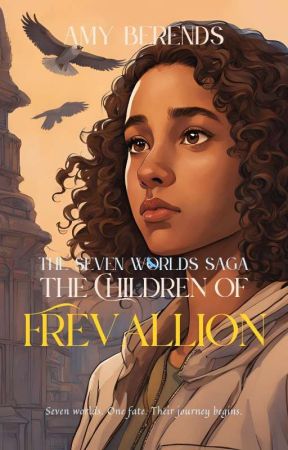The next day, Dad, Frida, Miles and I set out at 6 a.m. The gentle morning light filtered over the firs lining the road as we turned onto the road, heading for the highway.
Dad had been up for at least an hour when we had all emerged from our rooms, ready to eat a quick breakfast before hitting the road.
We got onto the Western Motorway, first heading towards the city centre before veering southeast. It was an hour before we reached the edge of Auckland. The city sprawl gave way to endless farmland partitioned by fences. It would take about another hour before we reached the Coromandel Peninsula, which extended outward from New Zealand's eastern coast.
Many family holidays had been spent on this peninsula—camping at Waikawau Bay, listening to the waves as we went to sleep. Or digging in the golden sand for warm spring water at Hot Water Beach. There were day trips hiking to Cathedral Cove, with its great cavernous opening that separated two parts of the beach.
On the edge of the peninsula, we stopped at the old mining town Thames for a short rest before continuing onward around the coast. The road smelled like sunbaked sand and salt, with the tang of seaweed wafting through our open windows. I leaned my arm on the open window of the front cab, watching birds dive into the ocean to catch fish. The road hugged the peninsula's coastline, rocks lining one side of the road where the ocean was only a stone's throw away. Then we drove up into the hills towards the camping ground.
Eventually, the roads changed from black asphalt to dusty dirt surfaces with gravel and the occasional pothole. The dust filtered through the cracks in the doors or any open windows, lightly coating the floor and surfaces. Our campervan dipped and swaying as we crept forward. The ageing suspension creaked in protest, and I gritted my teeth at the noise and at every bump in the road. We took up slightly more than half the road—good luck to anyone who might want to pass us.
I watched through the wing mirror as a large black ute, with bull bars on the front and roof lights on top careened around a corner and found itself stuck behind us and our slow progress. After a minute, the driver revved their engine, signalling that they wanted to get past.
"Not gonna happen mate," sighed Dad, glancing out the rear-view mirror.
The ute's roof lights were like glaring eyes, accusing us of being unfit to travel—too big and slow to be allowed on the road. Finally, when the road widened just enough, Dad managed to pull aside, just in time for the ute to thunder past, speeding up over the hill. Behind us was a trail of cars—station wagons, SUVs and trailer caravans—stuck in our wake. With the road wide enough now, Dad pulled over to let the procession of holidaymakers pass.
We finally arrived at a quarter past 10 in the campsite.
The dirt road into the campsite led us past some roped-off sections of lawn that were sparsely dotted with a tent or caravan. As we drove further in, the campground became more populated. We stopped outside a rickety-looking wooden hut that had a sign that said, 'Site Office.'
The sound of the waves barrelling into the sand was a welcome sound after the stuffy and dusty ride we'd had.
Dad turned to Miles and Frida in the back. "Why don't you head down to the beach? I'll set up camp. We're on our usual site."
"Finally!" Frida stumbled out of the campervan, tripping on her own feet in excitement.
Miles shot Dad a grin, grabbed his water bottle and towel, and hurried after her. He looked back at me, waving his arm "c'mon Margot, let's go."
I stretched, trying to work out a crick in my neck. "I'm coming," I called after them, glancing at Dad. "You sure you don't need help?"
"I'm good," he reassured me.

YOU ARE READING
The Children of Frevallion
FantasySeven worlds. One crumbling connection. Margot Peregrine never thought she'd have to bear the weight of an ancient legacy, let alone the responsibility of protecting the fragile bond between seven worlds. But when the Penumbra-a mysterious force hol...

